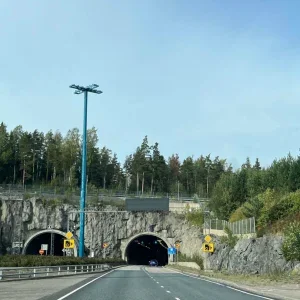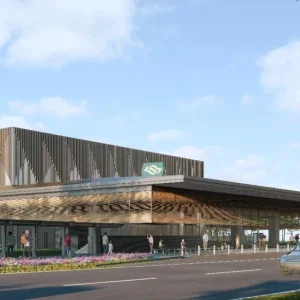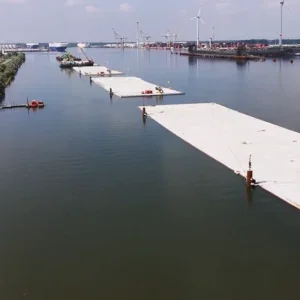An unforeseen well has been cited as the cause of the collapse on the 5.2km long phase 2 of the Istanbul Metro under a hotel in September that killed five people and delayed the project by some three months.
Initial reports from the site saying the collapse occurred two weeks after works had stopped due to archaeological finds have been described as “completely untrue” by a source close to the contract.
T&TI can reveal that the collapse in fact happened as contractor Anadolu Metro, a JV of Yüksel-Insaat/Güris/Reha/Basyazicioglu, was excavating an expanded profile for a switch tunnel using NATM.
The main tunnel was being excavated as a 36m2 multiple drift, first as side galleries then top heading and bench. The support method consisted of 350mm thick shotcrete, 600mm lattice girders, wire mesh and 9m x 114mm diameter long forepoling umbrellas. Under the hotel, the profile was being expanded to 100m2 to accommodate a switch tunnel area for the single track system. The unidentified well, 1.5m above the switch tunnel crown collapsed sending soaked clay and water filled fine sand into the tunnel, triggering complete cave in of the above ground.
The contractor has now secured the area with bored piles and will complete construction using cut and cover. The source said the JV and client, Municipality of Greater Istanbul are, “in the process of sorting out insurance and responsibility”.
Phase two is currently 70% complete with completion due in mid-2003. The 4km Phase 1 was completed in January 1999 by Tefkon/Nurol/Kiska-Turkey.
Related Files
Diagram showing the collapsed area above the switch tunnel on Istanbul’s phase 2 metro







